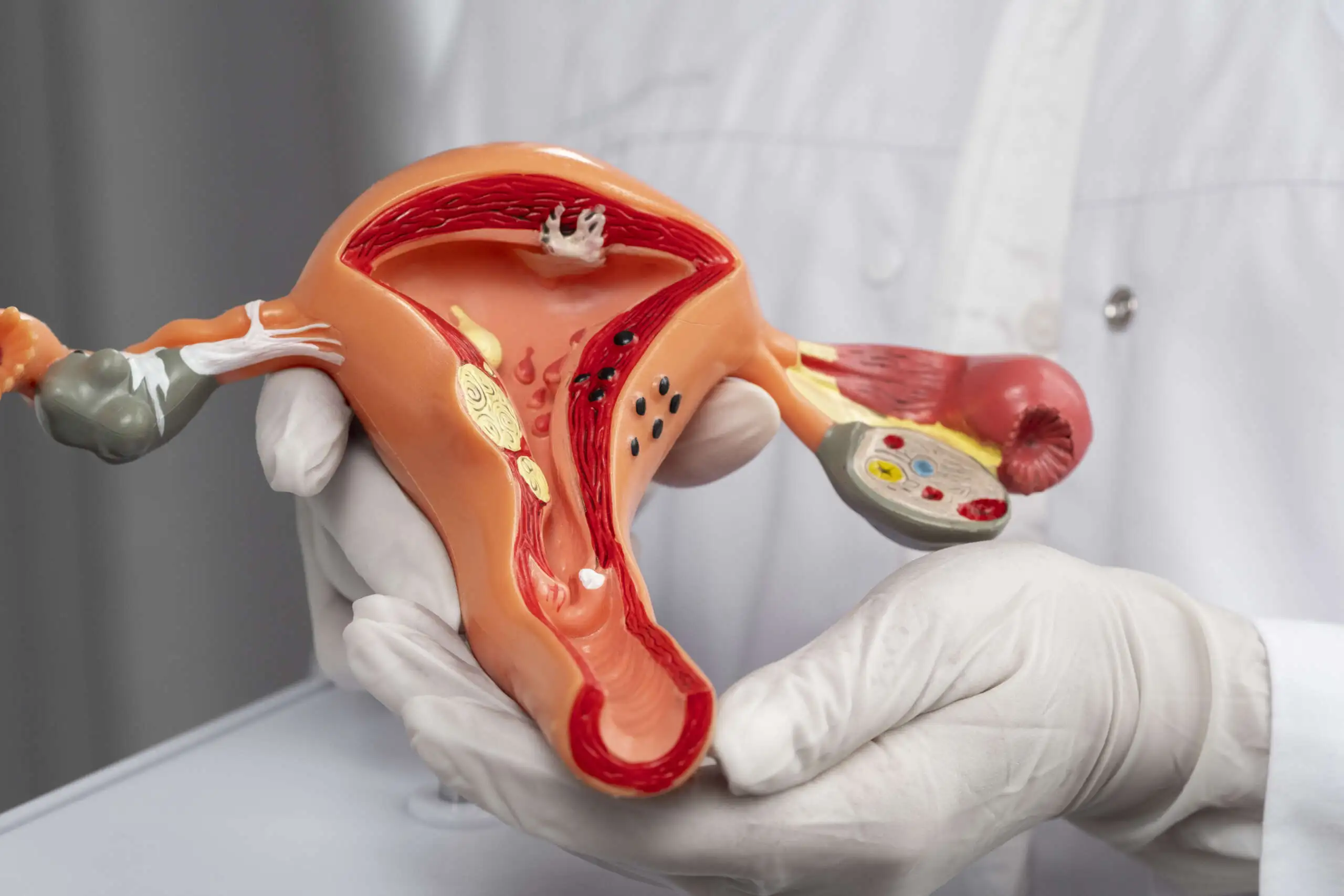Endometriosis is a condition where the tissue that normally lines the inside of the uterus grows outside of it, causing inflammation, pain, and sometimes infertility. It is estimated that up to 50% of women with endometriosis may experience difficulty getting pregnant. However, with the help of modern fertility treatments like in vitro fertilization (IVF), many women with endometriosis can successfully conceive and carry a pregnancy to term.
Understanding Endometriosis and Pregnancy
Endometriosis can cause infertility by damaging the fallopian tubes, ovaries, and uterus, which can prevent the egg from reaching the uterus or implanting properly. Additionally, endometriosis can lead to the formation of scar tissue, adhesions, and cysts, which can further impair fertility.
The severity of endometriosis can vary from person to person, and not all women with endometriosis experience infertility. However, it is important to note that endometriosis can also increase the risk of complications during pregnancy, including miscarriage, preterm birth, and preeclampsia.
Treatment Options for Endometriosis and Pregnancy
If you have endometriosis and are struggling with infertility, there are several fertility treatments that can help you conceive, including IVF. In vitro fertilization involves retrieving eggs from the ovaries, fertilizing them with sperm in a laboratory, and then transferring the resulting embryos back into the uterus.
IVF can be an effective option for women with endometriosis because it bypasses the fallopian tubes and allows the embryo to implant directly into the uterus. Additionally, IVF allows doctors to select the healthiest embryos for transfer, which can increase the chances of a successful pregnancy.
For women with severe endometriosis or other medical complications, your doctor may recommend alternative treatments, such as egg freezing, surrogacy, or using a gestational carrier.
Managing Endometriosis During Pregnancy
If you have endometriosis and become pregnant, it is important to work closely with your obstetrician and fertility specialist to manage any potential complications. Depending on the severity of your endometriosis, your doctor may recommend additional monitoring during pregnancy, such as ultrasound or fetal monitoring.
Additionally, some women with endometriosis may experience pain or discomfort during pregnancy, especially in the early stages. Your doctor may recommend pain management strategies or refer you to a specialist for additional support.
In conclusion, endometriosis can make it more difficult to conceive and carry a pregnancy to term, but with the help of modern fertility treatments like IVF, many women with endometriosis can successfully conceive and become mothers. If you have endometriosis and are struggling with infertility, it is important to speak with a fertility specialist to explore your options and develop a personalized treatment plan.

